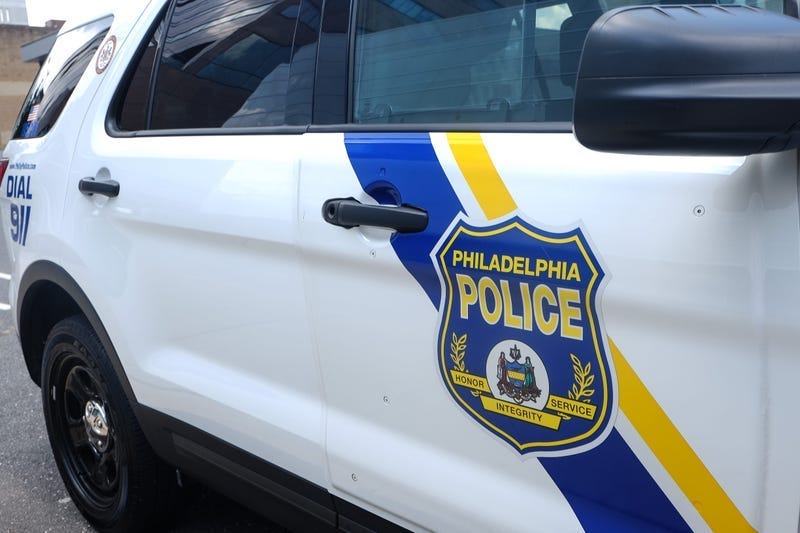
PHILADELPHIA (KYW Newsradio) — The American Civil Liberties Union has asked a judge to force the Philadelphia Police Department to change how officers stop people for minor nuisances, like littering or public urination.
Bailey vs. Philadelphia is a federal case filed a decade ago over Philadelphia Police use of stop-and-frisk.
Over the years, the ACLU and team of civil rights attorneys representing the plaintiff in the case have pushed the PPD to reduce racial disparities in the use of the practice.
While there have been major reductions in the number of stops over the years thanks to policy changes, the racial disparities have persisted.
So last month, the ACLU of Pennsylvania filed a motion to demand that the PPD change how it conducts “quality of life stops.”
Pedestrian stops for nuisance offenses like smoking marijuana, public urination, littering and other minor offenses make up roughly 40% of police stops.
But attorneys in the case have argued racial bias is baked in.
“Ninety percent of those stopped are minority,” said David Rudovsky, one of the attorneys representing the plaintiff in the Bailey case.
The lawyers have argued that quality of life stops rarely if ever result in weapons found, and do little to prevent more serious crime.
“We agree that police can intervene in those situations,” Rudovsky said, “but there’s no need for the police to make a forceable stop or frisk of somebody.”
In an effort to bolster its opposition to the ACLU motion, the City Solicitor’s Office used police to do outreach to community groups.
The city issued memos asking individuals to sign an affidavit, arguing that stopping enforcement of quality of life issues “would deprive PPD of a valuable crime-fighting tool at a time when Philadelphia’s homicide rates have never been higher, and when community members have been increasingly scared for their own safety and the safety of their families.”
The community backlash was swift, given the long history of racial disparities in the use of stop-and-frisk and in light of recent tensions between police and communities of color.
The city retracted the memos and apologized.
City Solicitor Diana Cortes and Police Commissioner Danielle Outlaw issued a joint statement saying in part:
“The intent of the Police Department was to assist the Law Department in documenting feedback from community members who previously expressed support for continued enforcement.
"This would allow their perspectives to be presented to the Court in the ongoing Bailey litigation. However, the way in which that feedback was solicited was inappropriate and misconstrued the purpose of the request.
"To be clear - in no way was the intent to scare community members into hastily providing affidavits for fear of negatively impacting the case.
"We — as well as the Mayor and Managing Director - strongly condemn any such fear-mongering.”
Four Philadelphia city councilmembers shared this statement about the issue. You can read it below.




